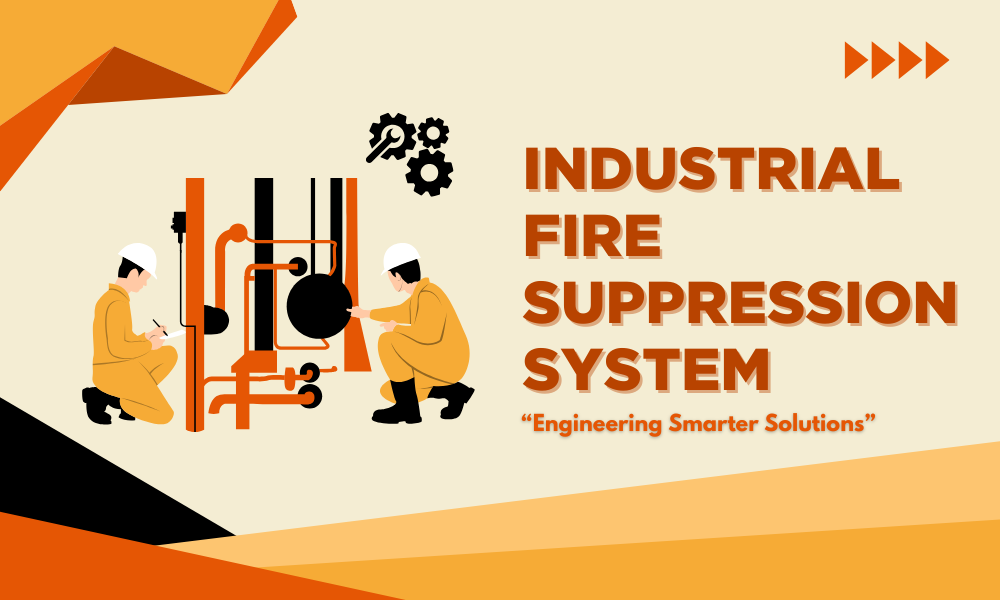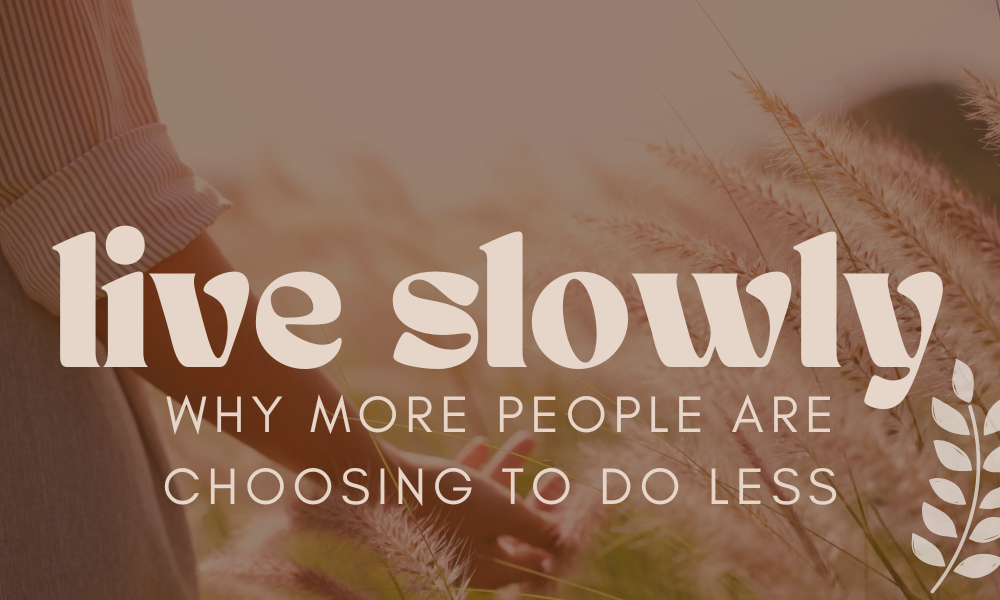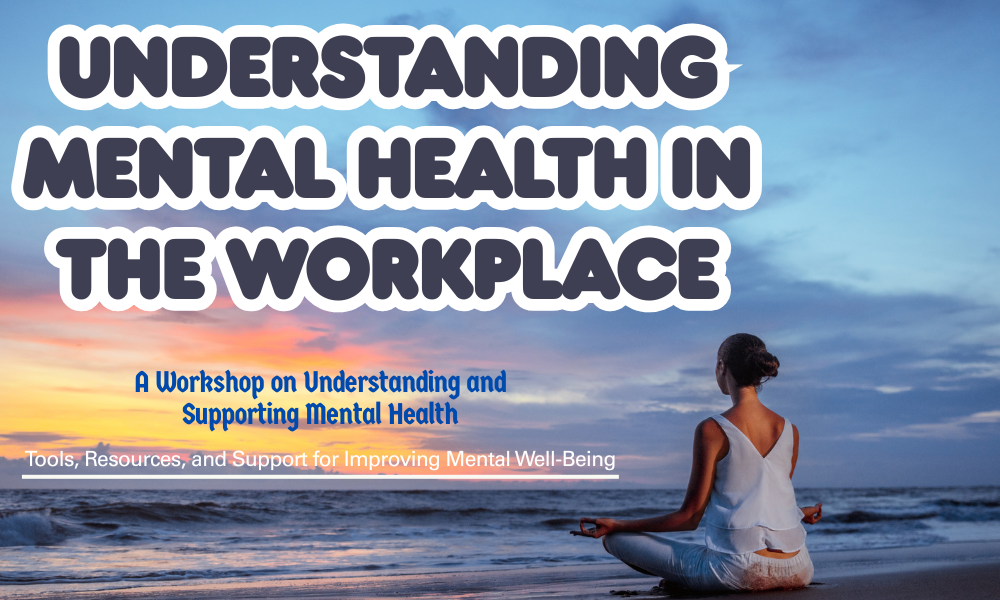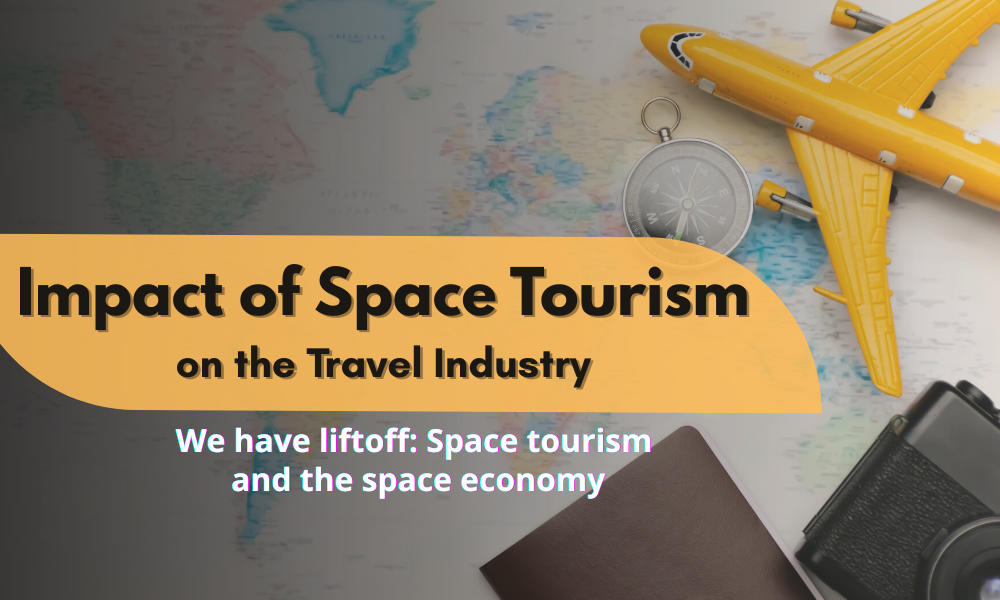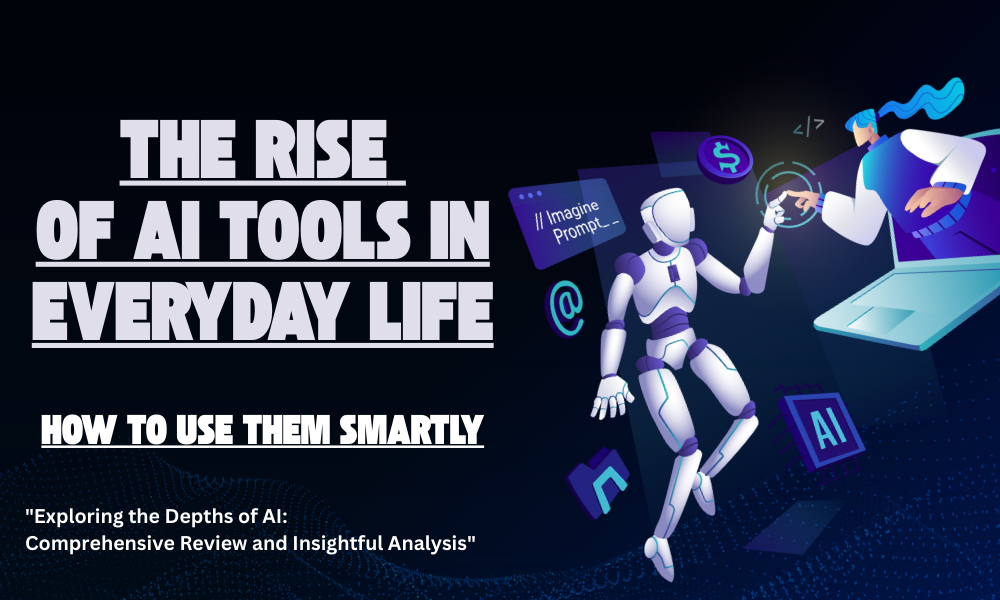Using AI and Automation is Changing the Way We Work
Remote work has led to many rapid changes in the world of work over the past few years. What started as a way to survive the COVID-19 pandemic has turned into regular changes in how, when and where people work. They play a key role in shaping how workforces are evolving. They are making it easier to work together, reach more goals and alter the way people relate to their careers. It looks at how AI and automation are influencing remote work and outlines how they are expected to alter the way people work soon.
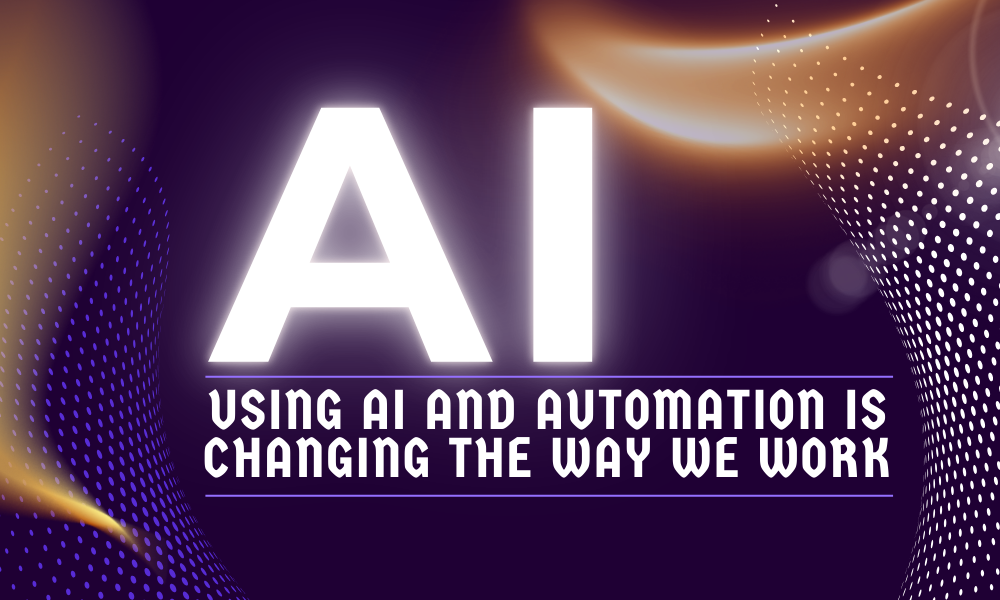
AI and Automation provide the key support for transforming work into a remote environment
1. Automation Increases Productivity
Remote workers are finding it easier to be effective because AI and automation handle repetitive, long tasks. Now, AI can schedule meetings, handle emails, make reports and answer the same questions repeatedly. They manage daily tasks and also help improve efficiency, letting remote workers turn their attention to more demanding and important ones. With such systems, daily operation processes in various areas can run using less effort from humans. Because of this, workers are able to put more effort towards creative and problem-solving tasks that lead to positive changes. Because of this, working remotely makes it possible for employees to get more done and boost productivity at a lower cost.
2. Encouraging Easy Teamwork
It is often hard for remote workers to collaborate effectively when they are in different locations. Thanks to AI, communication is improving, and the workflow is becoming smooth. Thanks to AI, people in different regions can collaborate instantly, as there is no need for translation. AI-based scheduling software makes it possible to organise meetings that include people from all time zones. AI can further help with teamwork by analysing team members’ interactions, suggesting how to handle tasks better and auto-assigning jobs based on their strengths. They help teams based at a distance to work collaboratively as if they were together in person.
3. Promoting Development among Employees
AI is helping to change and improve how employees learn and grow. Old-style training courses are giving way to AI-based platforms that analyse someone’s skills and suggest what they should learn next. Because remote workers do not need to be in a classroom, this approach allows them to pick up new skills as they see fit. AI manages an employee’s work-related performance, finds the areas to improve and suggests ideas to get better. A personalized system allows remote employees to better their skills, making them more valuable and prepared for changes in the workplace.
4. Taking Care of Employees’ Well-being and Mental Health
As people work remotely more often, it is becoming difficult to support their mental and physical wellness. The use of AI is helpful for monitoring the stress and workload experienced by employees. AI technologies are able to study how people communicate and work, as well as their responsibilities, in order to pick up signs of exhaustion. As soon as an issue is uncovered, AI can encourage working without interruptions, advise on mental relaxation activities or direct workers to counselling services. AI is helping to improve the well-being of employees working remotely and this makes them feel valued, boosts their mood and increases their productivity.
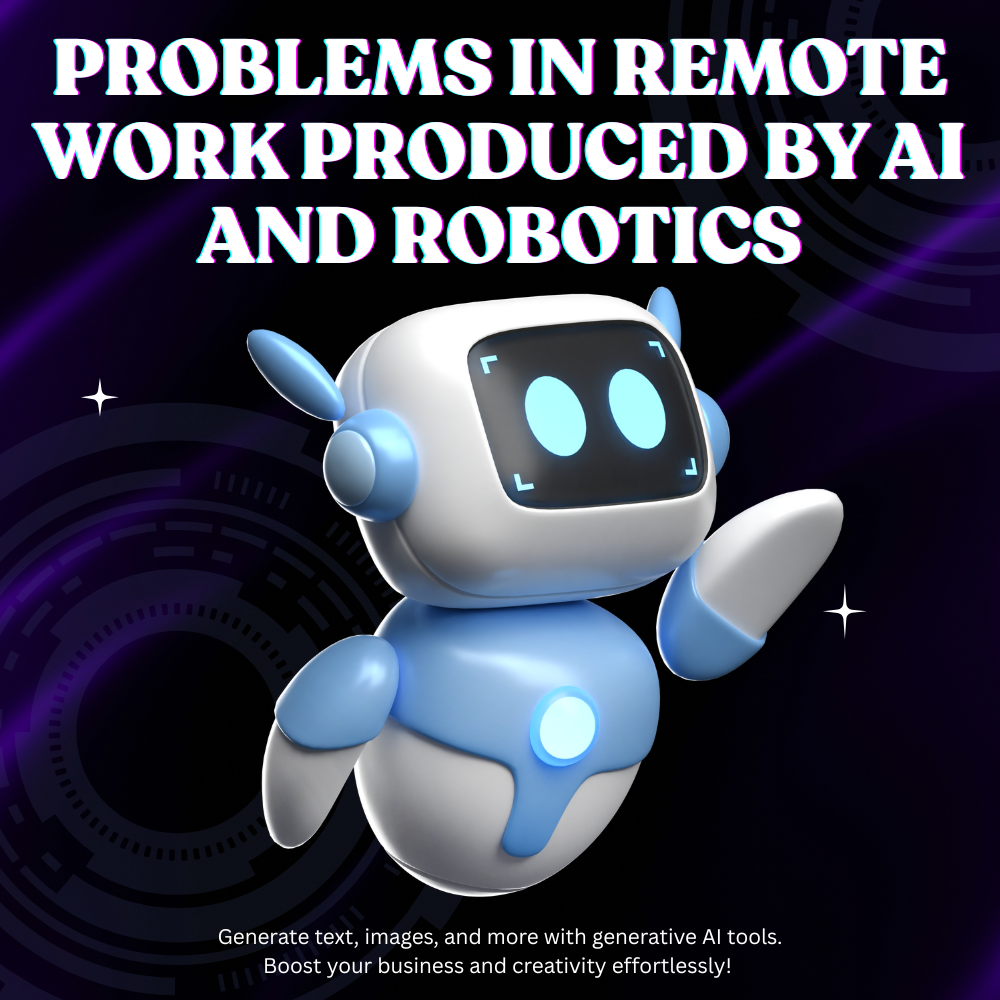
Problems in remote work produced by AI and robotics
1. The Challenge of Losing a Job
Many people are worried about unemployment caused by the introduction of automation. Since AI is replacing many routine jobs, there is concern that some careers may become redundant. Based on studies, AI is not meant to replace workplaces but to enhance what is done on the job. Certain jobs can be done by machines, but still, people are needed for those that call for thinking, creative ideas and emotions. Thus, many workers could find themselves doing jobs that need them to communicate with others, solve problems and make judgments. To cope with AI, organizations should help their employees learn new skills for jobs that technology cannot handle.
2. There is a growing necessity to reskill individuals.
As technology advances, companies are putting more focus on specific skills. Individuals in the workforce should develop the skills needed to use AI tools successfully. Both training employees in AI and training their critical thinking, creativity and emotional intelligence is important and should be prioritised. Allowing employees to keep learning prepares them for changes and developments in their jobs.
A Look at the Changes Coming in Remote Work
AI and automation will play a major role in the progress of remote work in the future. Here are the main topics that are evolving and gaining importance:
1. AI Models that help to work from anywhere
We are likely to see workplaces that provide both remote and face-to-face interactivity in the near future. With AI, hybrid environments will be easily managed so that workers can move between work at home and working at the office, all while maintaining their productivity.
2. Human-AI Collaboration
AI will instead assist humans in performing various activities. Since AI handles tasks that take a lot of time and occur many times, employees can pay more attention to new ideas.
3. Having diverse backgrounds among global workers and talent
AI and automation are helping companies to hire workers from all across the globe. Now, companies have the opportunity to hire staff from across the globe which encourages diversity and an open culture in the workplace. AI technology will support the work of global teams by helping to coordinate and streamline their interactions despite being in various time zones.
In addition to honing your technical abilities, a Graphic Design Course Benefits your creativity, sharpens your problem-solving skills, and enhances your visual storytelling abilities. It’s a fantastic method to develop a solid portfolio, boost self-esteem, and open doors to full-time or freelance work in industries like web design, marketing, and advertising, among others.
Conclusion
New opportunities for teamwork, faster work and personal development are being made available thanks to AI and automation in remote work. The main issues such as losing current jobs, having to learn new skills and ethical matters, must be handled, but on the whole, AI is still highly beneficial. Bringing together people and AI in the workplace will shape how remote work thrives, develops and improves over time.
Author’s Bio
Author Papri is professional content writer; she is always exciting to express thoughts & insights into wonderful words on various topics.










